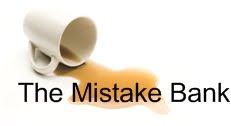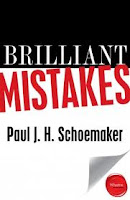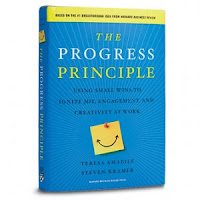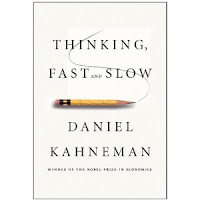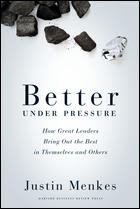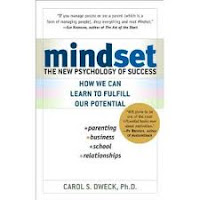I believe that it is much more dangerous not to report mistakes than it is to make mistakes in the first place. It’s natural that we make mistakes. The question is, what do we do with these mistakes as an organization? Do we repeat the mistakes? Do we learn from them? Do we investigate them and implement a solution?...
Hadomi also conducts a structured review of the main mistakes made in the past year, used to inform objectives for the coming year. This is something we've advocated and it's great to see a company institutionalize this process:
We have a very structured process of how we communicate and set expectations and define objectives. In general, I believe people perform best when they know where they are heading. I don’t like a culture where people are surprised. I feel that most people want to have some certainty about where they’re heading and where the organization is heading. So we have a process that begins with the management team defining the objectives for next year.
But before we set the objectives we have a tradition where we define the five biggest mistakes we made last year — and we’ll focus on the big ones, not the small ones. And every year we look to see if there is something common among these mistakes. Then we set the objectives for next year.
Q. What are some of the patterns you’ve seen in the mistakes?
A. One of the most obvious mistakes we found is that too often we choose to believe in an optimistic scenario — we think too positively. Positive thinking is important to a certain extent when you want to motivate people, when you want to show them possibilities for the future. But it’s very dangerous when you plan based on that. So one of our takeaways from that was to appoint one of the executive members as a devil’s advocate.
Q. Really?
A. He’s actually very challenging and he knows how to ask the right questions. He really makes sure to say to me, “Let’s be more humble with our assumptions.”
